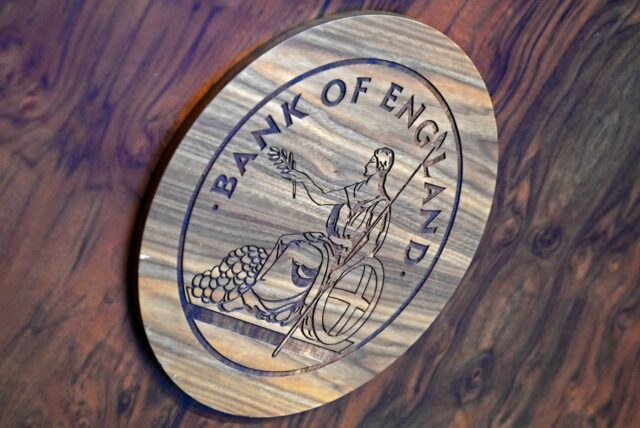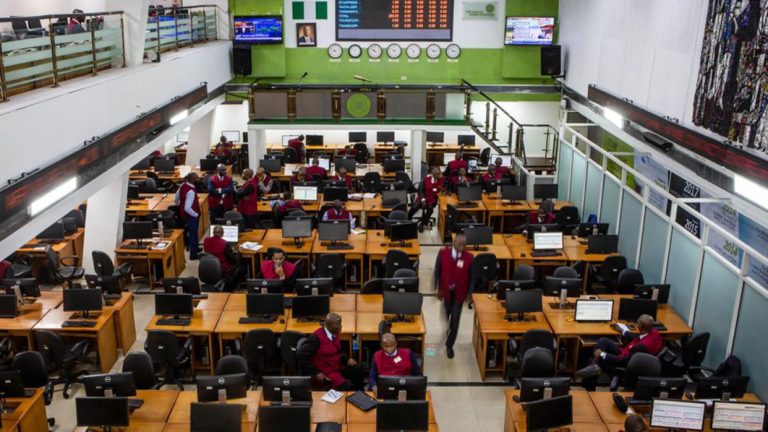
Keep up with the latest news and be part of our weekly giveaways and airtime sharing; follow our WhatsApp channel for more updates. Click to Follow us
The Bank of England is widely expected to cut its key interest rate by a quarter point to 4.50 percent on Thursday, despite UK inflation remaining above target. This move aims to support weak British growth, with the economy having stalled in recent months.
Kathleen Brooks, research director at XTB Trading Group, notes, “The BoE is likely to justify the move, even though inflation remains above the bank’s target due to a sluggish economy and a softening in the labour market in recent months.”
The central bank will also release its latest growth and inflation forecasts, which may be influenced by US President Donald Trump’s tariff war. Trump has warned that Britain may face levies on its exports to the US, potentially causing a spike in inflation and interest rates.
This potential rate cut would be the Bank of England’s third reduction in six months, following cuts in August and November. The bank had previously raised interest rates to combat high inflation, which peaked at 11 percent in October 2022 due to the Russia-Ukraine war and supply chain disruptions.
Britain’s annual inflation rate has since fallen to 2.5 percent in December but remains above the BoE’s target of 2.0 percent. The country’s economic growth has stalled, putting pressure on the Labour government to drive output.
“The Bank of England is facing a difficult balance,” said Brooks. “On one hand, it needs to keep inflation under control, but on the other hand, it needs to support the economy, which is showing signs of weakness.”
The US Federal Reserve last week left US borrowing costs unchanged, while the European Central Bank cut eurozone rates. The Bank of England’s decision is expected to have significant implications for mortgage holders and savers, as retail banks are likely to pass on any rate cuts to customers.
A rate cut would provide relief to mortgage holders, who have seen borrowing costs rise in recent years. However, it would also hurt savers, who have seen returns on their deposits decline.
The Bank of England’s decision will be closely watched by investors and economists, who are looking for signs of how the central bank plans to navigate the challenges facing the UK economy.
Please don’t forget to “allow the notification” so you will be the first to get our gist when we publish it.
Drop your comment in the section below, and don’t forget to share the post.







